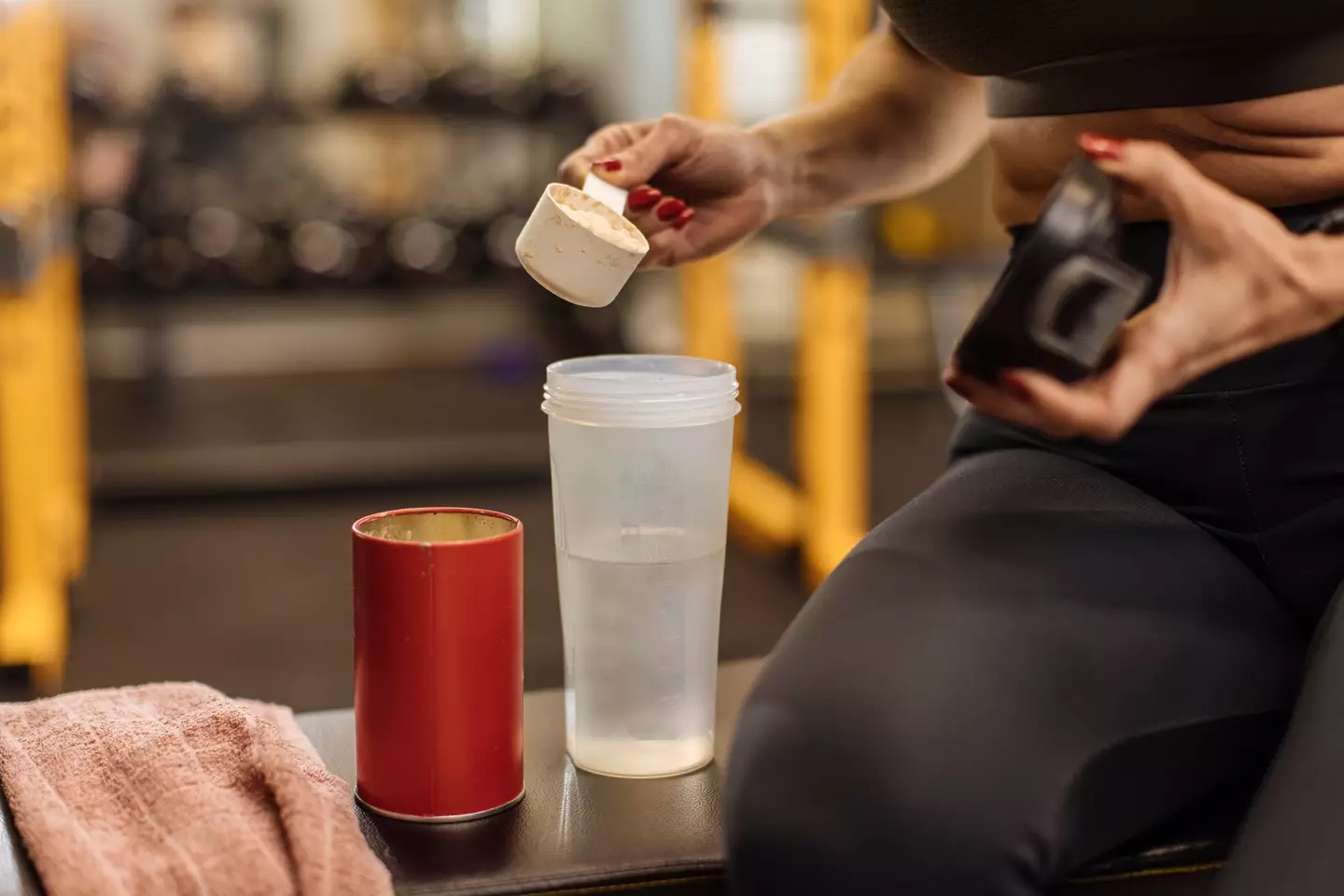
We’re turning into a nation of gym rats and bunnies, and that’s broadly a good thing. Regular exercise helps to reduce troublesome inflammation, keeps your bones and connective tissues healthy, fills you with endorphins that can have a material impact on your mental wellbeing, and it can even slow the ageing process.
The number of UK gym memberships has hit a record high of 11.5 million, and the trend doesn’t seem to be slowing.
In step with greater interest in fitness comes greater interest in healthy eating as well as ways to supplement our diets to get the most bang for our buck at the gym.

Advert
Creatine is the most well-researched supplement on Earth and it’s recommended for basically everyone, while the jury is out on whether processed protein sources like protein powders are good for us in the long-term.
With pre-workout, however, there’s a general acceptance that they’re probably not great for us. The idea of a pre-workout supplement is to get yourself in the zone for a good workout by providing you with fast-release carbs and, often, a high dose of caffeine. They commonly contain protein, too, albeit in small amounts.
Pre-workout supplements aren’t essential for a good workout, but they can be useful for those days when, for whatever reason, you’re not really feeling it. If you like to train to failure, having a pre-workout supplement can also help you to push yourself harder.
Now, caffeine in moderation isn’t bad for the average person, but high doses of it can trigger negative side effects like tremors, anxiety, and even heart palpitations. As such, some gym-goers prefer a carb-focused pre-workout supplement that gives their bodies the energy source they need for intense exercise whilst forgoing the focus and sense of immediacy that comes with caffeine.
Examining whether a carby or caffeine-focused pre-workout is more effective, a double-blind, randomised control trial published in the Journal of the International Society of Sports Nutrition found that the caffeinated options may not make a material difference compared with carb-focused ones.
The study followed 43 middle-aged and physically-active people who were split into two groups, with one group using a caffeinated, protein-based pre-workout supplement while the second group had a carbs-only option.
The participants would take 30g of their respective supplements with 400ml of water, and they would do so 15 minutes before starting a workout.
They also had various metrics taken, such as their waist and hip circumferences, muscle mass, strength, power output, fat mass, and more. The same metrics were taken at the beginning and the end of the study, which ran for six weeks.
During that period, the participants followed a resistance training programme of three workouts per week.
The study found that the caffeine-based group significantly reduced their average waist circumference over that period, but besides that the caffeinated option had no clear performance or development benefit over the carbohydrate-focused one.
In both groups, their performance improved across upper and lower body muscle endurance tests, isometric force, medicine ball throws, and countermovement jumps.

As a result, it seems that caffeine’s purported benefits for increasing workout intensity may not be backed by the data.
However, it’s important to note that the study only examined middle-aged adults who were already physically active, so the results can’t be extrapolated to the general population. More research is needed, but it’s nevertheless interesting to note that, for at least one broad demographic, caffeine-based pre-workout supplements don’t offer performance improvements compared with carbs-focused products.
